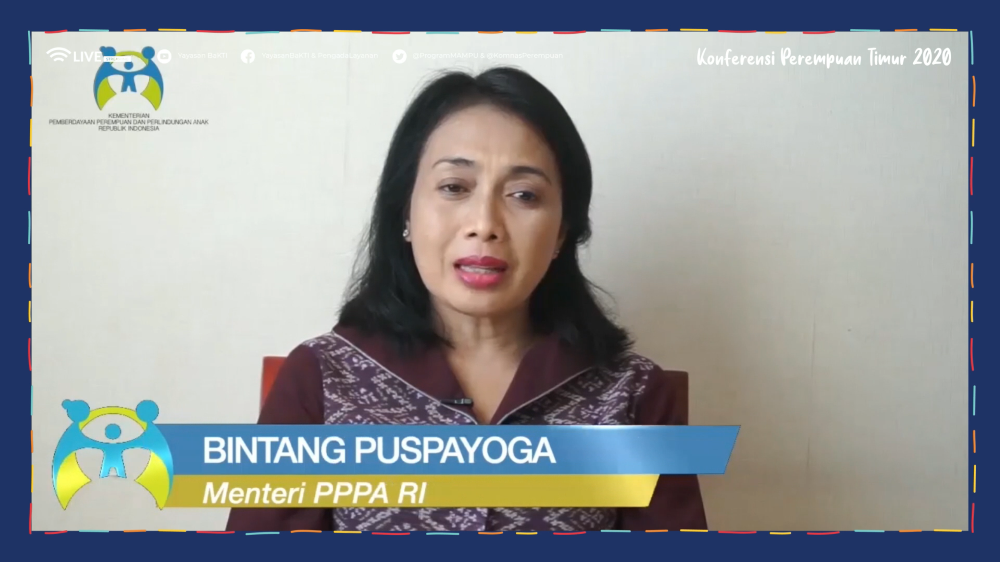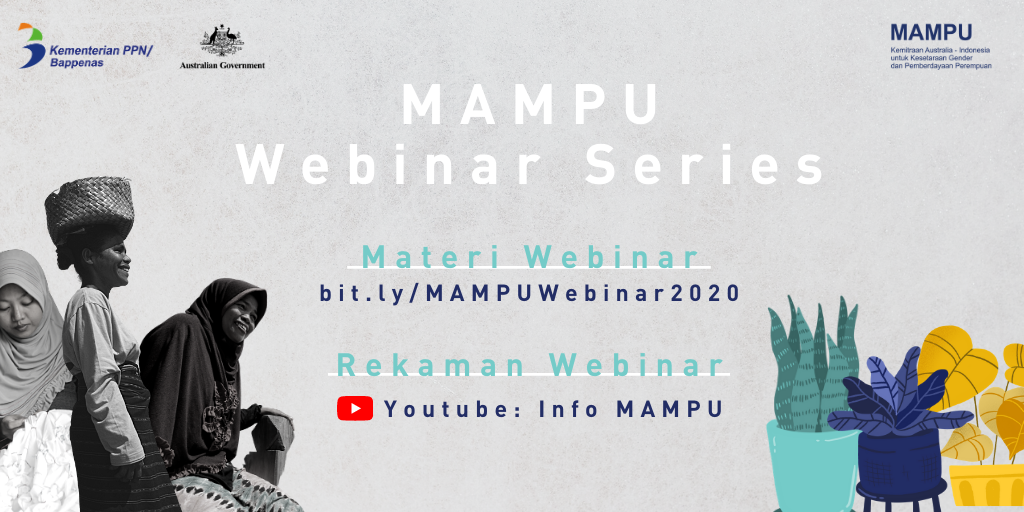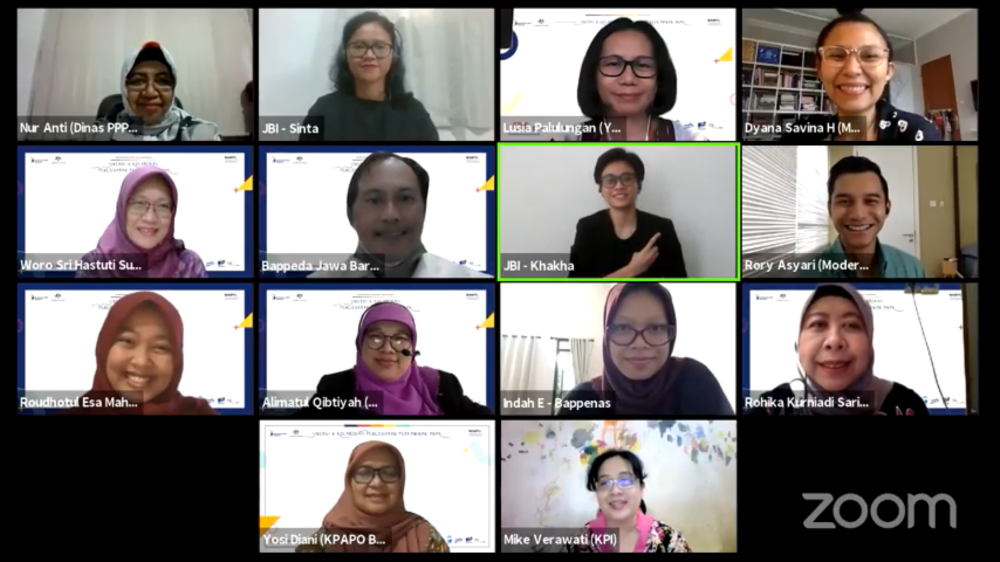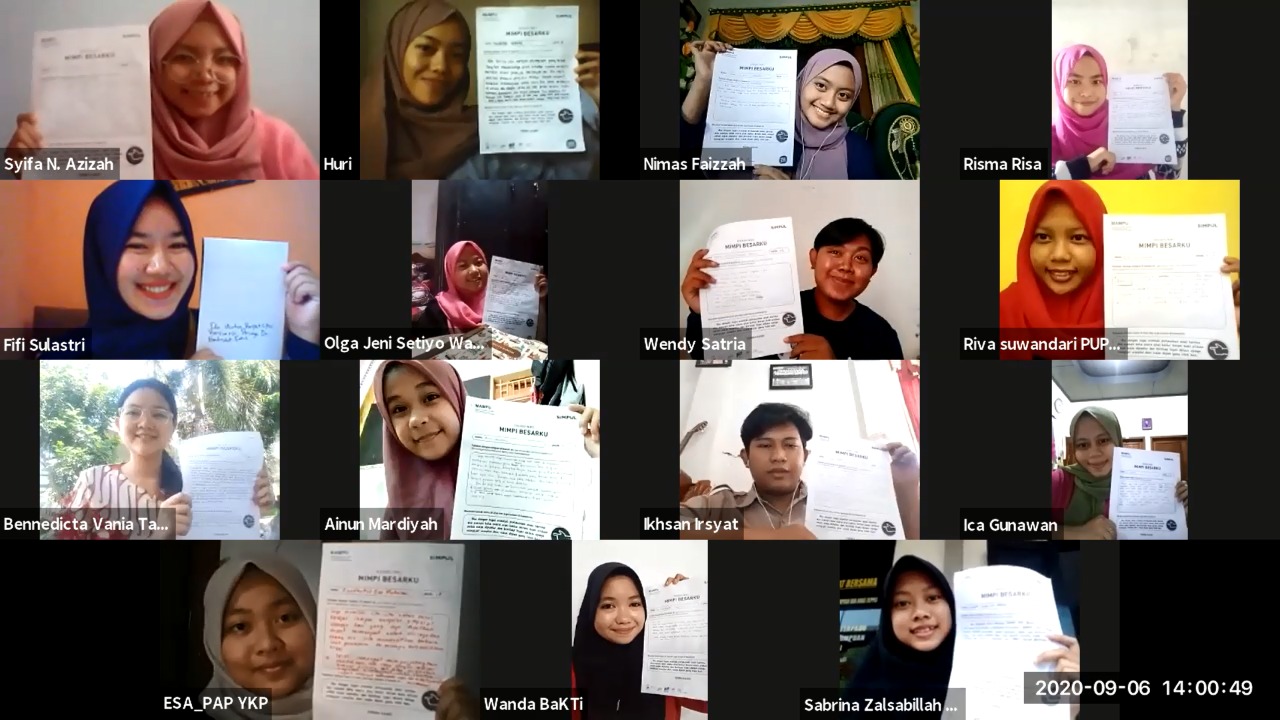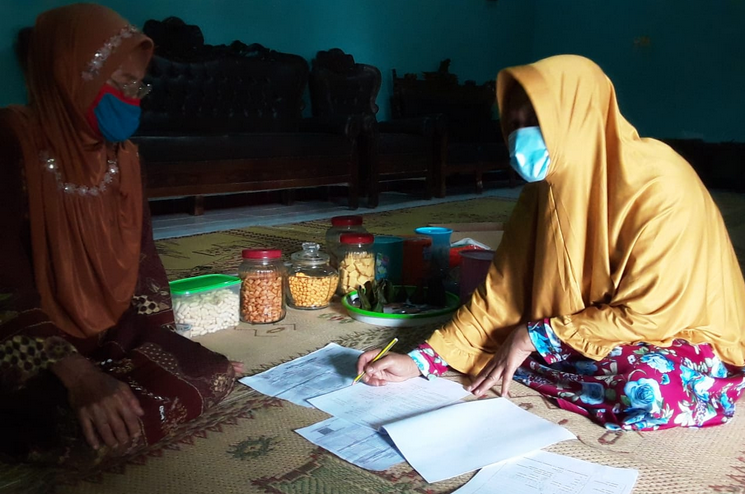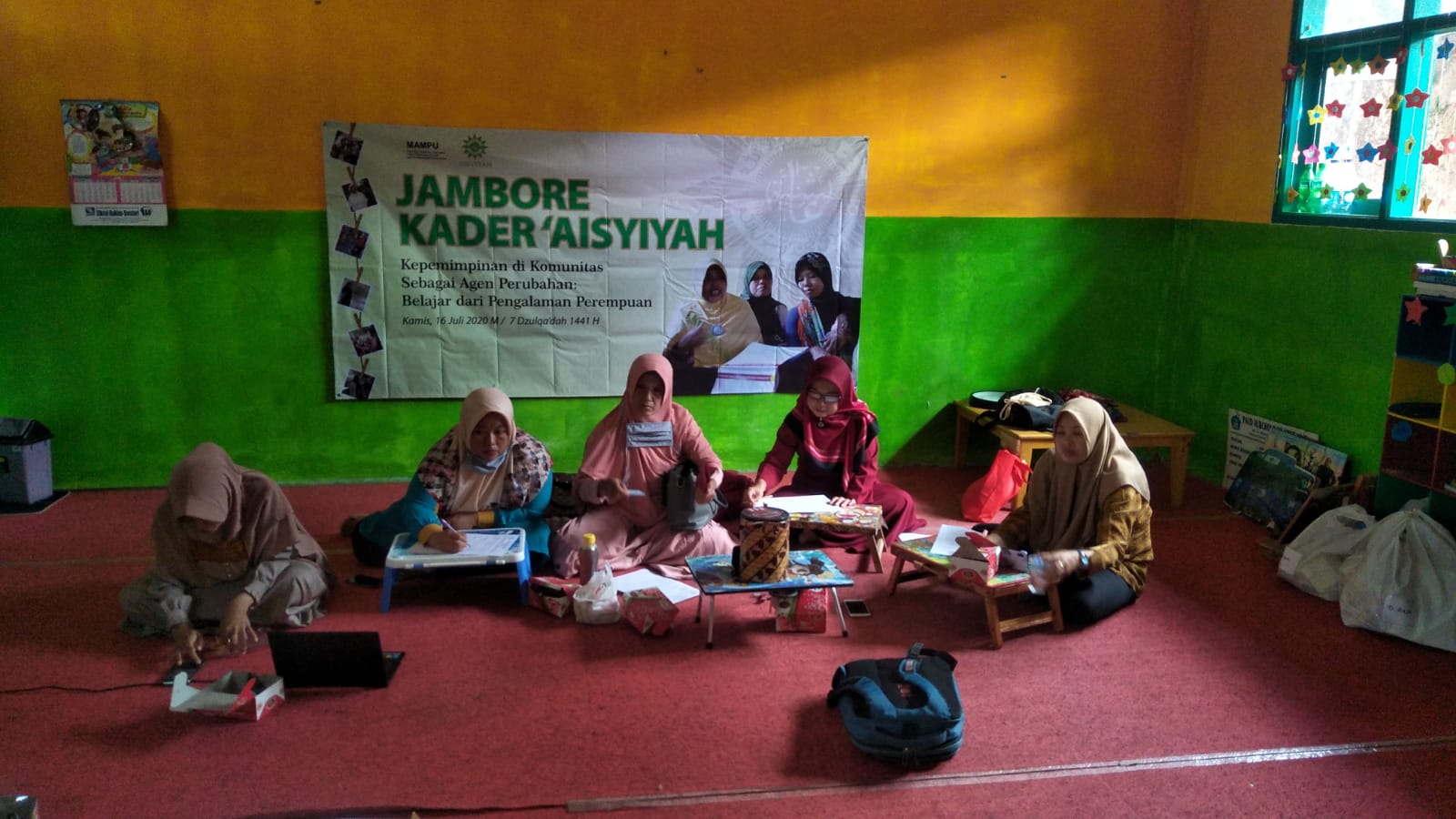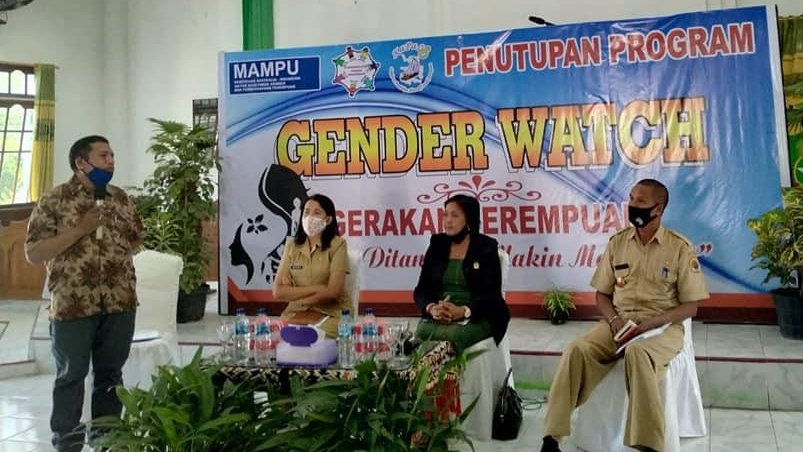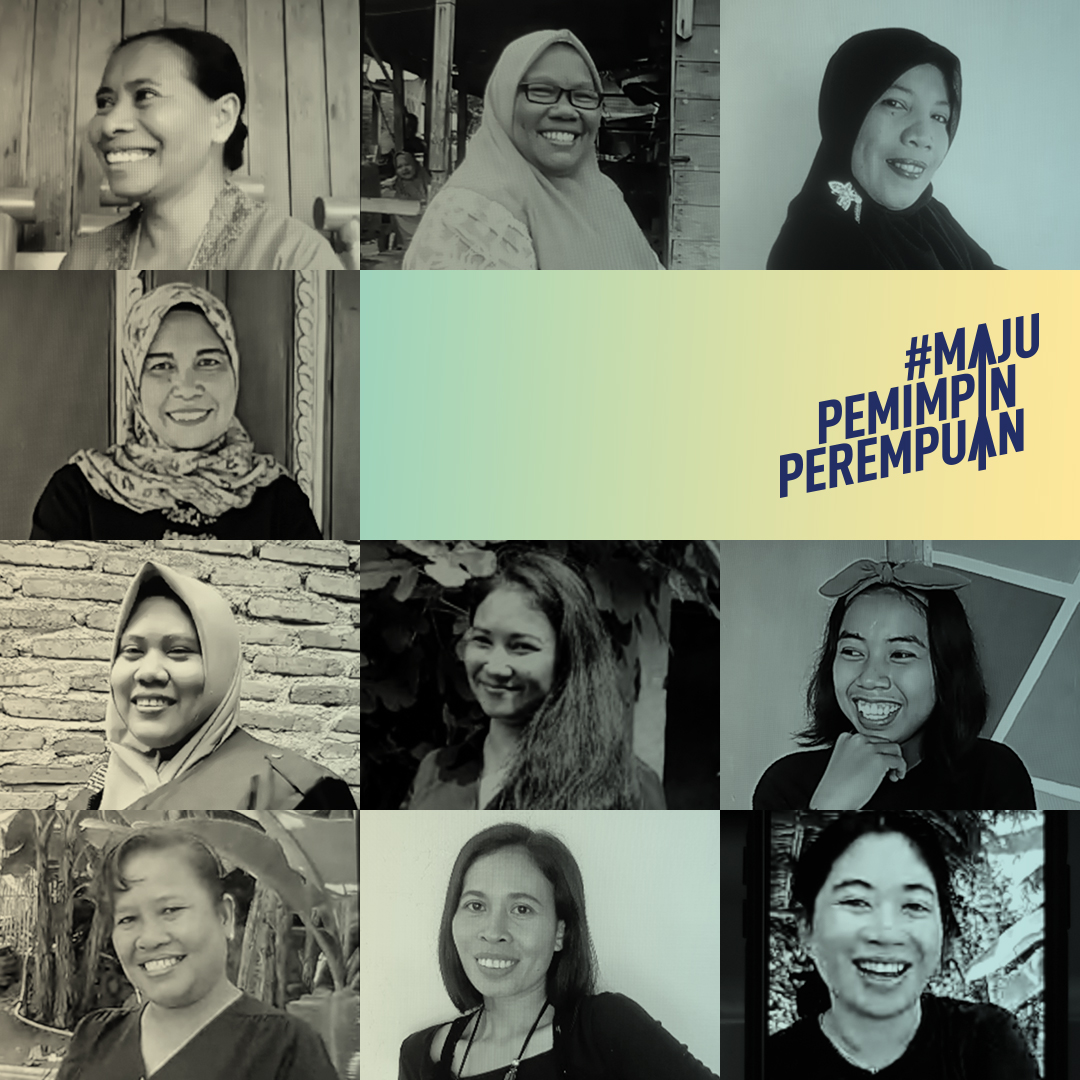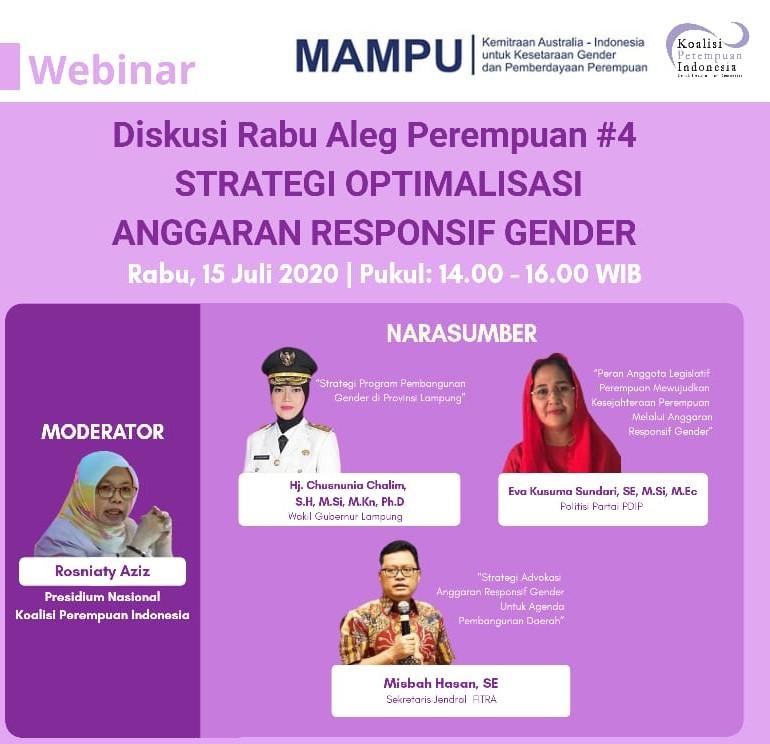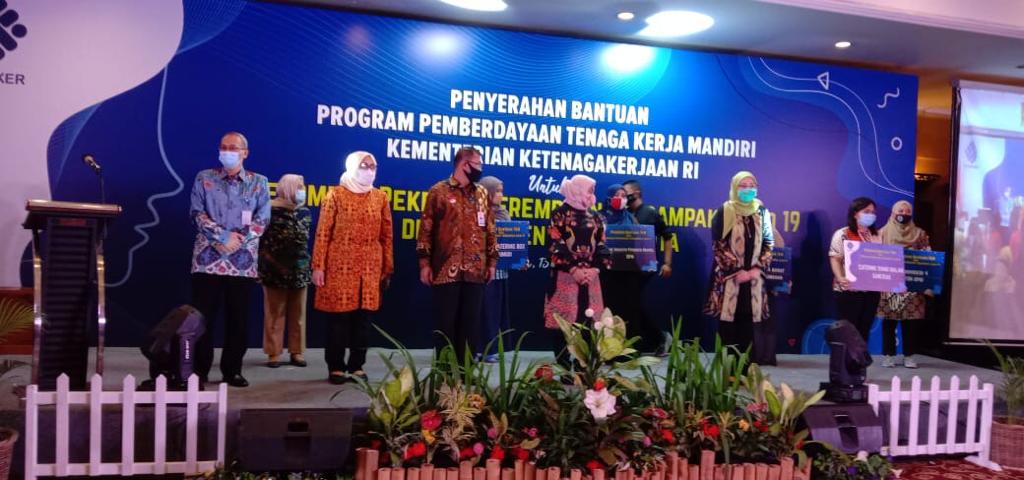Event
MAMPU Discusses Research Findings on the Needs of Papuan Women
8 June 2016Author: admin
MAMPU held a sharing session and discussion about the result of the Papua Working Group through participatory action research on Papuan women. The discussion was held at the MAMPU office on 7th June 2016 and participated by all MAMPU program’s staff.
It was facilitated by representatives of the Asian and Justice Rights (AJAR) Team; Galuh Wandita (Indonesia and Regional Programs Director) and Yolanda Selviana (AJAR staff). AJAR is MAMPU’s partner for the Papua Working Group.
MAMPU has covered over 2,000 villages across 28 provinces in Indonesia; however, MAMPU has yet to have any presence in Papua and West Papua provinces, despite the fact that it is where the largest percentage of people are living in poverty in the country.
Through Papua Working Group, MAMPU intends to have better understanding about the experiences and needs of poor women in Papua and West Papua (hereafter referred to as Papua). The aims are to know the most pressing issues faced by poor women in selected areas in Papua and and to identify the most appropriate entry points for MAMPU to support the empowerment of these women.
The approach used in this research was participatory and utilisation-focused. The field visits use an innovative participatory approach to capture the voices of Papuan women and to map the challenges, existing resources, gaps and identify possible solutions and innovative approaches.
Before starting the discussion, Galuh showed a video documentation of the action research, entitled ” Papua Women Talk”. This 26 minutes video shows the direct voices of Papuan women who involved in the process of partisipatory action research in 5 District, such as: Sorong, Jayapura, Keerom, Merauke and Wamena.
Some problems of the Papuan women, are:
- Mama-mama Pasar (the Papuan women in market), related to protection issues, access to capital, and transportation.
- The availability of clean water, related to the effects of weather (drought), and access to water (distances, limited amount of water, and poor water quality).
- Violence against women, related services and access to justice.
- Women’s health, regarding access to BPJS, expensive drugs, referral, primary reproductive health and HIV / AIDS issues.
- The right of ownership and decision-making on indigenous lands and forests, related to the cash economy, development projects, and commercial exploitation of natural commodities.
- Access to development programs and special autonomy in Papua




